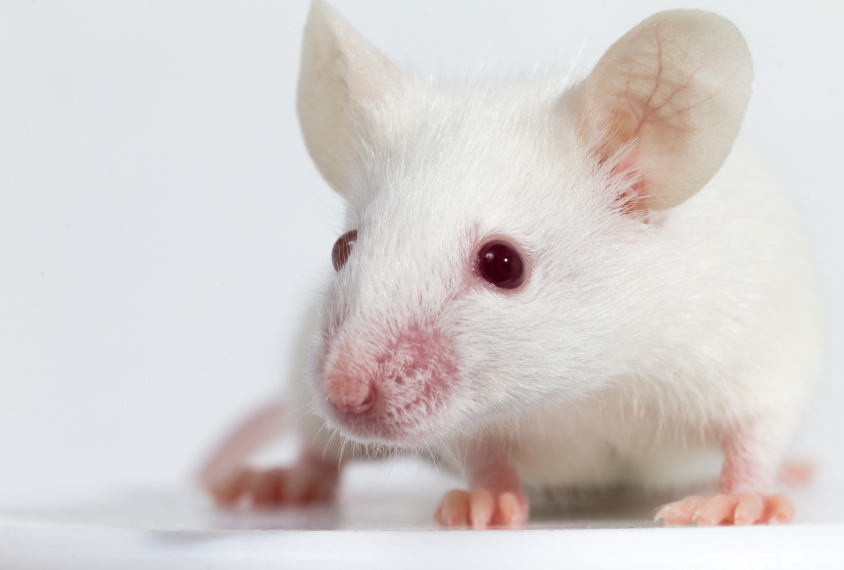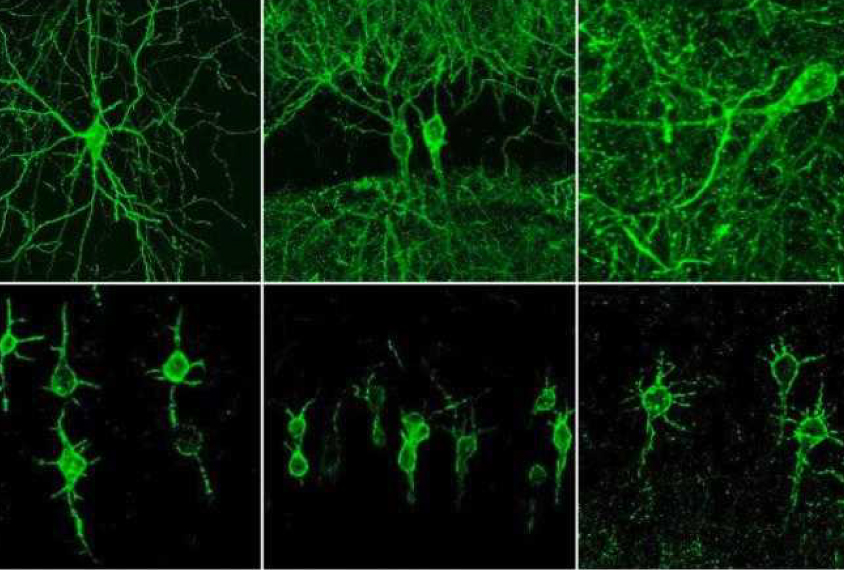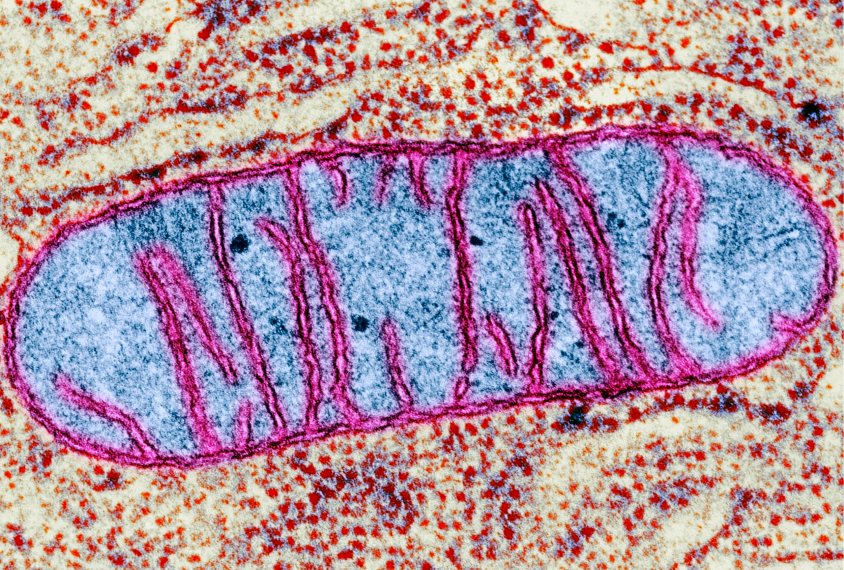Bahar Gholipour is a freelance science journalist based in New York. She focuses on the brain, neuroscience and psychology, and is passionate about reporting on artificial intelligence, genetics and the politics of healthcare. Her writing has appeared in various print and online publications including WIRED, New York Magazine and Scientific American. Bahar has a Masters degree in neuroscience from Ecole Normale Superieure in Paris, and has done graduate-level work at Stony Brook University’s School of Journalism.

Bahar Gholipour
Contributing writer
The Transmitter
From this contributor
In memoriam: Yves Frégnac, influential and visionary French neuroscientist
Frégnac, who died on 18 October at the age of 73, built his career by meeting neuroscience’s complexity straight on.

In memoriam: Yves Frégnac, influential and visionary French neuroscientist
Mistaking a duck for a skvader: How a conceptual form of circular analysis may taint many neuroscience studies
These logical loops are harder to spot than circularity involving noise in the data, but they result from neglecting something closer to home: existing knowledge about the brain.

Mistaking a duck for a skvader: How a conceptual form of circular analysis may taint many neuroscience studies
Double immune hit challenges female mice’s resistance to autism
Female mice can withstand a maternal antibody that triggers brain abnormalities and autism-like behaviors in males. But additional immune challenges spell trouble.

Double immune hit challenges female mice’s resistance to autism
New technique records neuronal teamwork in live mice
A new imaging technique detects specific groups of firing neurons in the brains of moving mice, enabling scientists to study brain activity linked to a particular behavior.

New technique records neuronal teamwork in live mice
Leaky mitochondria may play central role in fragile X syndrome
Some traits of fragile X syndrome may be due to problems with mitochondria, the cell’s energy factories.

Leaky mitochondria may play central role in fragile X syndrome
Explore more from The Transmitter
Two primate centers drop ‘primate’ from their name
The Washington and Tulane National Biomedical Research Centers—formerly called National Primate Research Centers—say they made the change to better reflect the breadth of research performed at the centers.

Two primate centers drop ‘primate’ from their name
The Washington and Tulane National Biomedical Research Centers—formerly called National Primate Research Centers—say they made the change to better reflect the breadth of research performed at the centers.
Post-infection immune conflict alters fetal development in some male mice
The immune-conflict between dam and fetus could help explain sex differences in neurodevelopmental conditions.

Post-infection immune conflict alters fetal development in some male mice
The immune-conflict between dam and fetus could help explain sex differences in neurodevelopmental conditions.
Three ecological psychologists on the right and wrong ways to use the field’s principles in neuroscience
Matthieu de Wit, Luis H. Favela and Vicente Raja weigh in on the recent trend of neuroscientists importing concepts from ecological psychology, the study of how an organism’s interactions with its environment explain perception and action.
Three ecological psychologists on the right and wrong ways to use the field’s principles in neuroscience
Matthieu de Wit, Luis H. Favela and Vicente Raja weigh in on the recent trend of neuroscientists importing concepts from ecological psychology, the study of how an organism’s interactions with its environment explain perception and action.